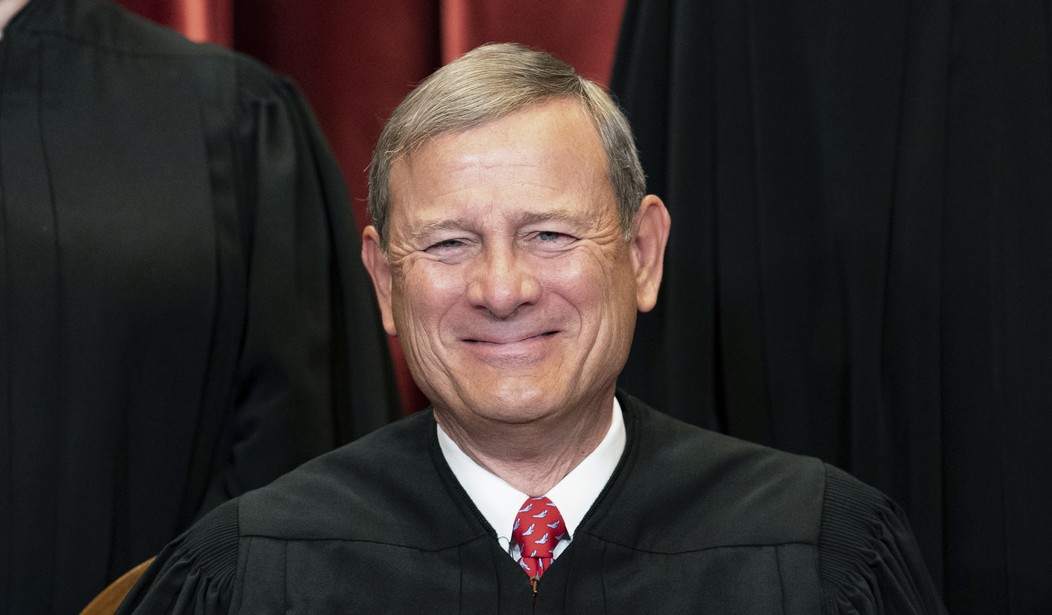The Supreme Court has always been shrouded in a certain level of secrecy and mystery. While oral arguments can be heard, they are not televised, resulting in American reliance on dogged Court reporters, Court sketch artists and legal analysts to gauge how the Justices may rule on a particular case.
The long-standing argument for keeping cameras out of the Court has been to maintain order, professionalism and to ensure working relationships within the Court are protected. Those with high respect for the institution have argued this is necessary to preserve integrity. Fair enough.
And yet, on May 3, 2022, a Supreme Court earthquake shook Washington, D.C., and the country. It wasn't because television cameras were allowed into oral arguments.
Instead, the jolting occurred when a draft opinion of Dobbs v. Jackson Women's Health Organization leaked to the media. It showed a 5-4 vote would return abortion law to the states, upending 50 years of wrongly decided precedent.
For some, the news of Roe v. Wade being overturned was devastating because of the abortion issue. For others, the shockingly brazen nature of the leak represented a terrible new chapter for the country and the working relationship of the Justices on future cases.
Recommended
Shortly after the leak, Chief Justice John Roberts called the situation a "betrayal" and vowed to get to the bottom of the breach by instructing the Marshal of the Court to launch an investigation.
"To the extent this betrayal of the confidences of the Court was intended to undermine the integrity of our operations, it will not succeed. The work of the Court will not be affected in any way," Roberts said at the time. "We at the Court are blessed to have a workforce -- permanent employees and law clerks alike -- intensely loyal to the institution and dedicated to the rule of law. Court employees have an exemplary and important tradition of respecting the confidentiality of the judicial process and upholding the trust of the Court. This was a singular and egregious breach of that trust that is an affront to the Court and the community of public servants who work here."
It was a betrayal, which is why recent news from the Marshal of the Court, indicating a nine-month-long investigation into the leak came up inconclusive, was profoundly disappointing.
"In May 2022, this Court suffered one of the worst breaches of trust in its history: the leak of a draft opinion. The leak was no mere misguided attempt at protest. It was a grave assault on the judicial process. To meet our obligations as judges, we accept submissions from parties and amici, we engage advocates at oral argument, and we publish explanations of our final decisions. All of this we do in the open," the Court released in a statement on January 19, 2023. "Along the way, though, it is essential that we deliberate with one another candidly and in confidence. That phase of the judicial process affords us an opportunity to hone initial thoughts, reconsider views, persuade one another, and work collaboratively to strengthen our collective judgment. It is no exaggeration to say that the integrity of judicial proceedings depends on the inviolability of internal deliberations."
"For these reasons and others, the Court immediately and unanimously agreed that the extraordinary betrayal of trust that took place last May warranted a thorough investigation. The Chief Justice assigned the task to the Marshal of the Supreme Court and her staff. After months of diligent analysis of forensic evidence and interviews of almost 100 employees, the Marshal's team determined that no further investigation was warranted with respect to many of the '82 employees [who] had access to electronic or hard copies of the draft opinion,'" the statement continued. "In following up on all available leads, however, the Marshal's team performed additional forensic analysis and conducted multiple follow-up interviews of certain employees. But the team has to date been unable to identify a person responsible by a preponderance of the evidence."
Doesn't "one of the worst breaches" in the Court's history deserve a conclusion and naming of a culprit? Apparently not.
In recent years, the left has waged an unrelenting war on the Supreme Court, demanding Justices work toward their political goals rather than upholding their oath to the U.S. Constitution. When they haven't gotten their way, they've sent raucous and threatening protestors to the homes of Justices who voted to return abortion law to the states. The White House encouraged this behavior, which eventually led to an assassination attempt outside the home of Justice Brett Kavanaugh.
Remaining and staunch defenders of the institution deserve better than an inconclusive investigation about the grave breach of trust. The lack of a conclusion and accountability severely damages the integrity of the Court and undercuts promises from Justice Roberts to take the leak, "the betrayal," seriously.
With no punishment or accountability for the leaker, that betrayal stands. Not just to the Court but to the American people who still had faith in the institution – now, a damaged faith.

























